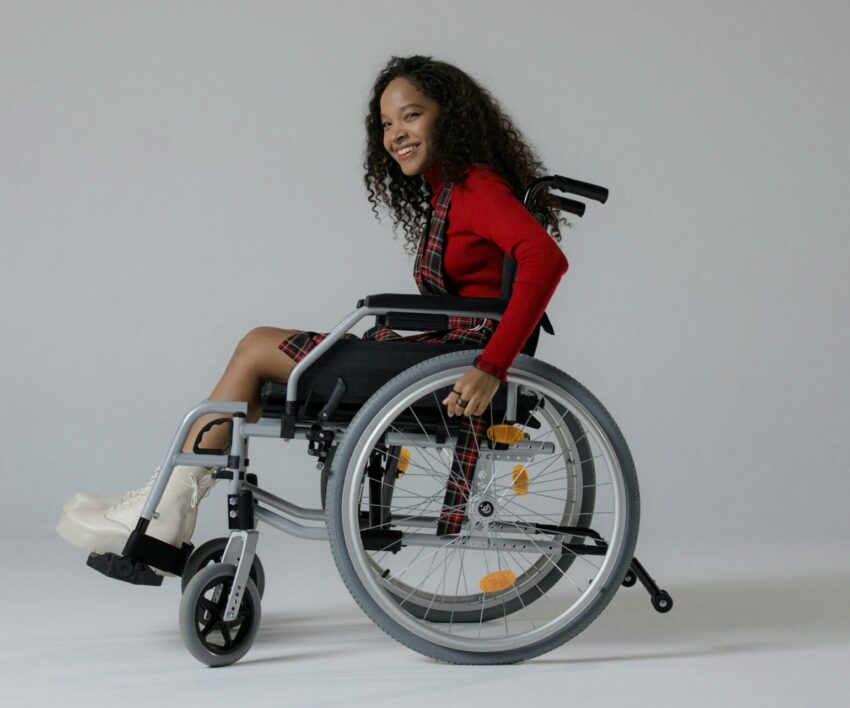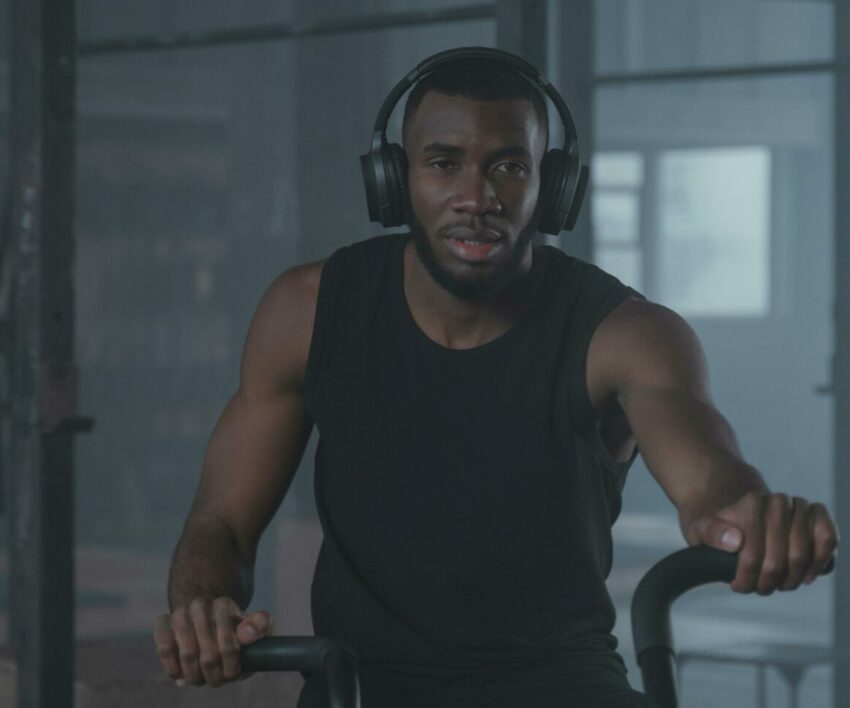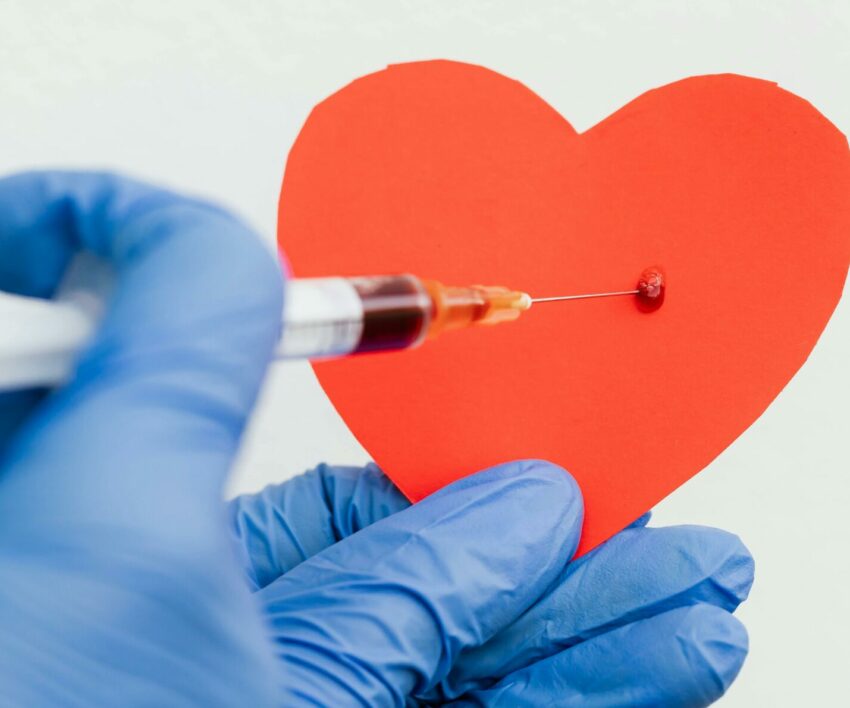woman in a wheelchair: picture: pexels
A stroke doesn’t just affect the body; it can have profound effects on the mind as well. Beyond physical recovery, stroke survivors often face unexpected mental health challenges as this condition often changes their whole reality.
The journey to recovery is a complex mix of physical and emotional hurdles, making mental health support a critical part of the healing process. As we celebrate World Stroke Day, understanding these impacts can make all the difference for those affected, as well as for the loved ones supporting them.
The National Library of Medicine states that depression is a prevalent emotional issue following a stroke, with approximately one-third of stroke survivors developing it within a year to five years. This is said to lead to higher healthcare utilisation, poorer functional outcomes, reduced quality of life, and higher mortality.
It is further mentioned that the prevalence of post-stroke depression (PSD) varies due to factors such as lack of standardisation of assessment instruments, subject inclusion and exclusion criteria, time points of assessments, and geographic region. “Despite these limitations, it is evident that depression is more common after stroke than its incidence in the general population. Understanding the risk factors may assist in optimizing clinical assessment, honing treatments, and developing prevention strategies.”
According to the Stroke Association, anxiety is common after a stroke, with around one in four experiencing it within the first five years. It is stated that this can be natural, such as fear of another stroke, financial issues, or family issues. However, the publication advises that seeking help if you experience anxiety about various things, stopping you from doing things you want or feeling anxious for no obvious reason is essential.
“Getting support and treatment for anxiety can help you focus on things like rehabilitation, eating well and staying active. Feeling more relaxed will help with your recovery, so do not be afraid to seek help if you need it. Signs of anxiety after a stroke are said to include restlessness, dread, difficulty concentrating, racing heartbeat, trembling, and feeling sick.
Stroke survivors often experience three conditions: Impulsiveness, apathy, and pseudobulbar affect (PBA), states the American Stroke Association. Impulsiveness is said to be characterised by the inability to think ahead or understand consequences, while apathy is characterised by a lack of interest and drive. The above source adds that symptoms of PBA include mismatch or exaggeration of feelings and expressions.
Also see: This is how you can help someone with stroke symptoms










